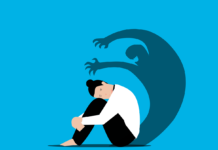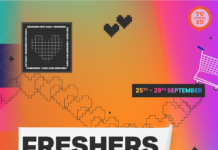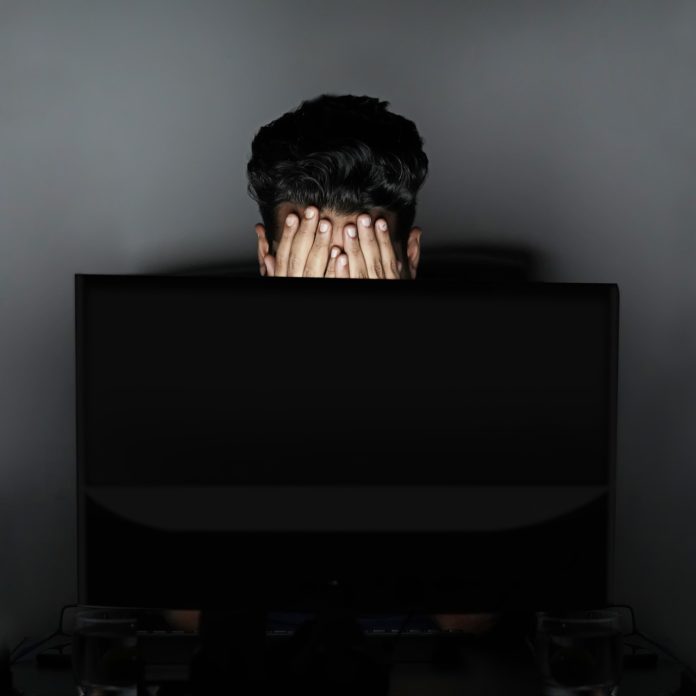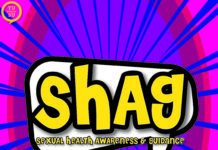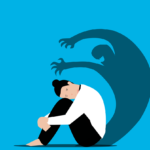In the digital age, social media has become an integral part of our daily lives. Platforms like Instagram, Twitter (I refuse to call it x haha), and TikTok connect us with friends, family, and the world at large.
However, the constant connectivity and the pressure to present a curated version of ourselves can have significant implications for our mental well-being. This article aims to provide TU Dublin students with insights into the relationship between social media and mental health, offering strategies to maintain a healthy balance and give some insights into things that worked for me during my degree.
The Double-Edged Sword of Social Media
Social media offers numerous benefits:
Connectivity: It bridges geographical gaps, allowing us to stay connected with friends and family from all over the world. Coming to college can be tough, some students move away from home for the first time, and many leave all their school friends behind.
Information: It provides instant access to global news and educational content.
Community: It offers platforms for like-minded individuals to discuss shared interests and support one another. This can be really important when first coming to college and connecting with classmates.
However, there are also potential pitfalls:
Comparison Culture: Scrolling through perfectly curated feeds can lead to feelings of inadequacy. Remember, most people only share their highlights, not their everyday struggles.
Overstimulation: Constant notifications can increase stress and decrease the quality of sleep.
Cyberbullying: Online platforms can sometimes become a breeding ground for negative comments and bullying.
Effects on Mental Health
Studies have shown a correlation between heavy social media use and increased rates of anxiety, depression, and loneliness among young adults. Factors contributing to this include:
Fear of Missing Out (FOMO): Seeing others enjoying events or gatherings can lead to feelings of exclusion.
Validation Seeking: Over-reliance on likes and comments for self-worth can be damaging.
Information Overload: Constant exposure to news, especially negative stories, can lead to feelings of overwhelm and anxiety.
Strategies for TU Dublin Students
Digital Detox: Dedicate specific hours or even full days where you disconnect from social media.
Mindful Scrolling: Ask yourself why you’re using social media. Is it out of habit, boredom, or genuine interest?
Curate Your Feed: Follow accounts that inspire and uplift you. Unfollow or mute accounts that make you feel negative or inadequate.
Seek Support: TU Dublin offers counselling services for students. Don’t hesitate to reach out if you’re feeling overwhelmed.
Engage in Real-Life Activities: Join clubs, participate in sports, or attend workshops offered by TU Dublin’s Students’ Union.
So, what does that all mean?
While social media offers numerous benefits, it’s essential to use it mindfully. Recognize its potential impacts on mental health and take proactive steps to ensure your well-being.
Remember, it’s okay to take a break and seek support when needed. Your mental health is just as important as your online presence. Stay connected but stay balanced.
If you are struggling with your mental health and would like to speak to someone or get advice please reach out to TU Dublin Counselling service or Advice@tudublinsu.ie.









